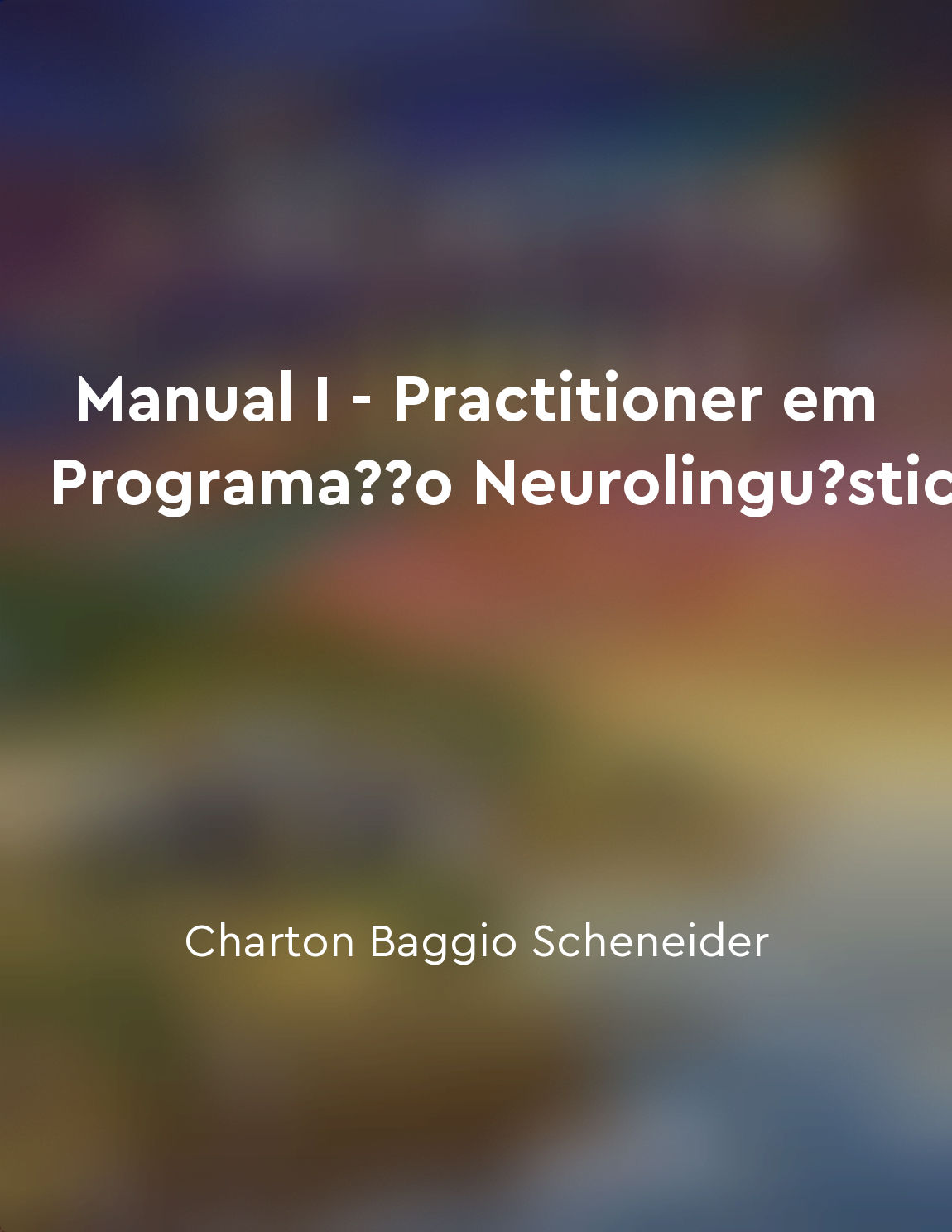Vision impairment challenges perception from "summary" of The Mind's Eye by Oliver Sacks
Vision impairment can radically alter one's perception of the world. When the eyes lose their function, the brain must compensate by relying on other senses, such as touch or sound, to construct a new understanding of the environment. This can lead to a profound shift in how one perceives the world around them. Individuals with vision impairment often develop heightened sensitivity in their remaining senses. For example, a blind person may become acutely attuned to sounds in their environment, using auditory cues to navigate and form mental maps of their surroundings. This heightened sensory awareness can lead to a richer and more nuanced perception of the world, challenging conventional notions of what it means to "see." In some cases, vision...Similar Posts
Meeting famous figures
Throughout my life, I have been fortunate enough to have the opportunity to meet many famous figures. These encounters have lef...
Trust: foundation of influence
Trust is the essential element that underpins influence. It is the bedrock upon which all successful relationships, whether per...
The mindbody connection is crucial in the healing process
The intricate relationship between the mind and body is a fundamental aspect of the healing process. Our thoughts, emotions, be...
Your mind has the power to heal your body
When it comes to healing, many of us tend to rely solely on external sources such as medications or surgeries. However, what if...

Challenge your biases to see the world in new ways
Our brains have evolved to make sense of the world around us by creating patterns and categories based on our past experiences....
Yoga can improve brain flexibility
Norman Doidge introduces the idea that practicing yoga can enhance flexibility in the brain. He explains that when we engage in...
Body's impermanence highlighted
The human body is a complex and intricate system, constantly changing and evolving. Anil Ananthaswamy's exploration of the body...
Multitasking impairs our ability to focus on tasks effectively
The human brain is not designed to effectively handle multiple tasks at once. When we think we are multitasking, what we are ac...
Our brains are constantly processing information
Our brains are constantly processing information. Whether we are aware of it or not, our minds are always at work, taking in th...

Developing effective communication skills
In our journey to become proficient practitioners of Neuro-linguistic Programming, it is crucial to understand the importance o...
